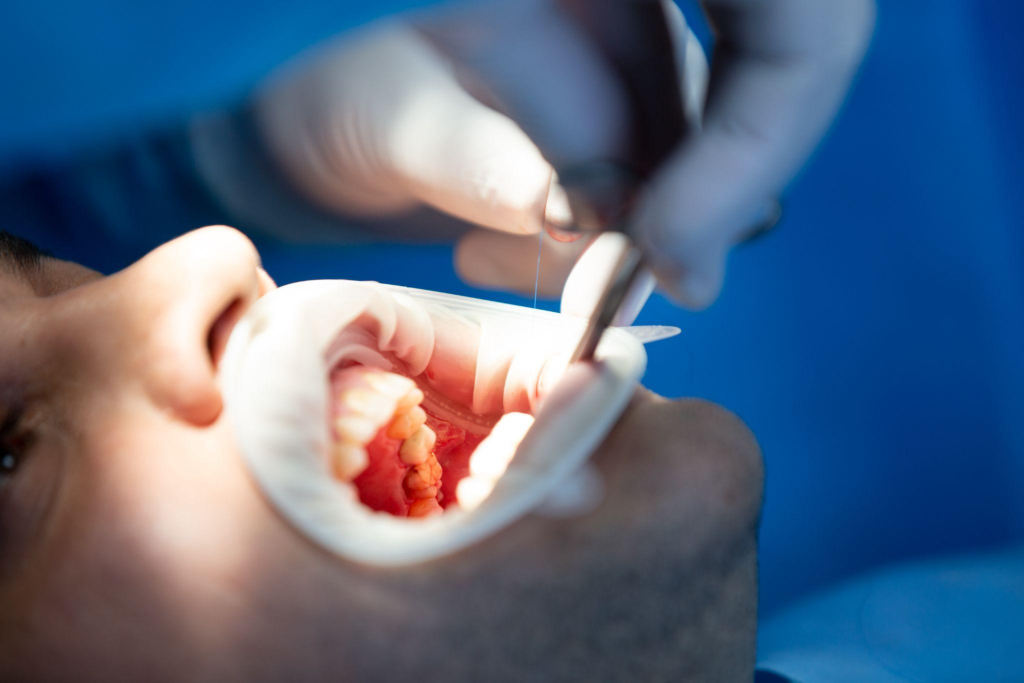Wisdom teeth, the third set of molars that typically emerge in late teens or early twenties, can often be a source of discomfort and pain for many individuals. Understanding the reasons behind this discomfort, knowing when extraction is necessary, identifying the different types of wisdom teeth, and exploring available treatments can offer valuable insights into managing this common dental issue.

Why Does Wisdom Tooth Hurt So Much?
Pain associated with wisdom teeth often occurs when these molars don’t have sufficient space to erupt properly in the mouth. This lack of space can cause various issues, such as:
- Impaction: When the wisdom teeth are trapped in the jawbone or gums due to limited space, causing pressure and pain.
- Pericoronitis: Inflammation of the gum tissue around partially emerged wisdom teeth, leading to pain, swelling, and infection.
- Alignment Issues: Wisdom teeth can grow at odd angles, exerting pressure on neighboring teeth and causing discomfort or pain.
Must Wisdom Teeth Be Removed?
Not all wisdom teeth need extraction. However, when these molars cause persistent pain, infections, damage to adjacent teeth, or misalignment, extraction might be necessary. A thorough evaluation by a dentist or oral surgeon is essential to determine if removal is warranted based on individual circumstances.

Types of Wisdom Teeth
Wisdom teeth can manifest in different ways:
- Erupted Wisdom Teeth: These emerge normally and align correctly with neighboring teeth.
- Impacted Wisdom Teeth: Trapped in the jawbone or gum tissue, these may cause pain, infections, or damage to nearby teeth.
- Partial Eruption: When wisdom teeth only partially emerge, leaving the gum tissue vulnerable to infection and inflammation.
Treatments for Wisdom Tooth Pain
Treatment options vary based on the severity and nature of the issue:
- Extraction: Removal of problematic wisdom teeth to alleviate pain and prevent further complications.
- Pain Management: Over-the-counter painkillers, prescription medication, or antibiotics to manage pain and infections temporarily.
- Warm Saltwater Rinse: Gargling with warm salt water can help alleviate inflammation and discomfort.
Wisdom teeth pain can stem from various causes, ranging from impaction to misalignment or infections. While not all wisdom teeth require removal, persistent pain or complications often necessitate extraction. Consulting with a dental professional is crucial for accurate assessment and appropriate treatment planning, ensuring relief from wisdom tooth-related discomfort and maintaining oral health.